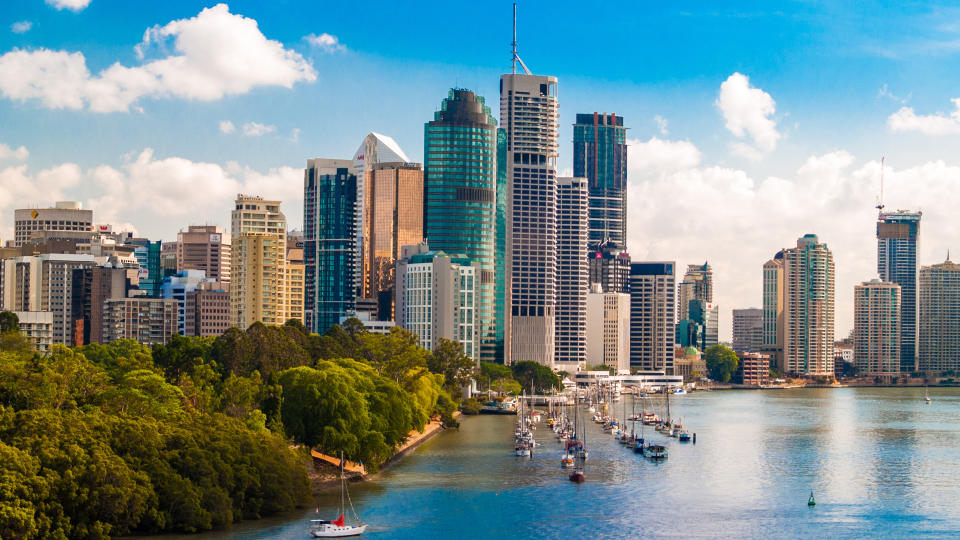What a Comfortable Retirement Will Cost You in Canada, Australia and New Zealand

If you want to retire in an English-speaking country outside of the United States, you have numerous choices — including Canada, Australia and New Zealand. Canada is just a short hop across the northern U.S. border, which makes it an easy destination to get to, though the weather can get frigid. Australia and New Zealand are much warmer — and also much further away.
Check Out: 8 Myths About Debt That Boomers Must Stop Believing Before They Retire
Read Next: 5 Unusual Ways To Make Extra Money (That Actually Work)
Retiring comfortably in Canada, Australia and New Zealand depends on a few different factors. including your definition of “comfortable.” If comfort means paying the bills and living a minimalist lifestyle, then you can obviously get by on a lot less than if you want a luxurious lifestyle in retirement.
Before making the decision to retire abroad, there are some things you should know to ensure the best experience. Here are four financial rules to be aware of:
Many American banks and brokerages don’t allow non-U.S. residents to keep their U.S. accounts. If you move overseas and will not keep a U.S. address, contact your financial institutions to learn their policies on living in a foreign country.
Your individual retirement account contributions could be limited due to the Foreign Earned Income Exclusion (FEIE), which refers to the maximum a U.S. expat can earn abroad without paying federal taxes. For tax year 2024, the maximum exclusion is $126,500 per person, according to the IRS. To contribute to an IRA, an expat must have earned more foreign income than the FEIE amount.
If you have financial accounts in a foreign country and the total value of all your foreign accounts exceeds $10,000 at any time during the calendar year, you must file an FBAR (FinCEN Form 114) with the Financial Crimes Enforcement Network (FinCEN). Failure to file can result in severe penalties that will cut into your savings.
If you are paid in foreign currency, you’ll want to balance the transfer/conversion fees against the tax benefits of your U.S. plan. If you intend to remain overseas indefinitely, it might make more sense to contribute to a local retirement plan in your new country — especially if the country doesn’t recognize the tax benefits of U.S. retirement saving plans (and vice versa).
Learning the financial rules can give you a better idea of what to expect when you retire abroad, and help determine how much money you’ll need. Below are estimates of how much a comfortable retirement is likely to cost in Canada, Australia and New Zealand. Keep in mind that the actual costs will vary depending on the city you live in. Other sources could provide very different estimates.
Wealthy people know the best money secrets. Learn how to copy them.
Canada
According to a 2023 retirement study from BMO Financial Group, the typical Canadian believes they need the equivalent of about US $1.2 million to require comfortably. That’s in line with a separate study from Motley Fool, based on a typical retired household having just shy of $50,000 in annual retirement income for 25 years. You need to factor inflation into the mix, so in some years you will need more than $50,000 and in others you might be able to get by with less.
Australia
Assuming you own your home, you would need the U.S. equivalent of about $29,000 a year for an individual or $41,177 a year to retire comfortably in Australian, according to AMP Limited. That adds up to total savings of $725,000 to $1.03 million to cover 25 years in retirement. AMP recommends following this rule of thumb: Assume you will require 67% of your pre-retirement income to maintain the same standard of living.
New Zealand
A report from Opes Partners estimates that you would need the U.S. equivalent of about $37,000 to about $53,000 a year to enjoy a “Choices” lifestyle in New Zealand, which equals total savings of $925,000 to $1.32 million over 25 years. A “choice” lifestyle means you have your own home, no debt, and want to enjoy a “comfortable” time. To enjoy a “well-off” lifestyle you would need at least US$61,000 a year — or total savings of about $1.52 million — which can cover the essentials as well frequent travel and other perks.
All dollar amounts were converted to U.S. dollars on June 18, 2024.
More From GOBankingRates
This article originally appeared on GOBankingRates.com: What a Comfortable Retirement Will Cost You in Canada, Australia and New Zealand

 Yahoo Finance
Yahoo Finance 